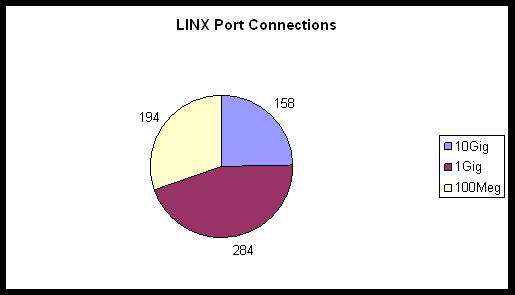At the board room of the Performing Rights Society in London today the great and the good of the UK Music industry met with representatives from the mainstream ISP community for an open discussion on how to handle illegal P2P music downloading.
Organisations represented included UK Music, BAC&S, PPL, PRS, MMF, MPA, MU, MCPS, MPG, Timico, ISPA, O2, Orange, AOL, Yahoo, BT, GlobalMix, LINX, Playlouder and KCom. I’m sure I’ve missed some out and you will have to work out for yourselves what some of the acronyms stand for.
I was essentially there on behalf of the Internet Service Providers’ Association to represent the smaller ISP community who have been left out of the talks up until now. Whilst the “big six” largest ISPs probably represent over 90% of the market the other ISPs, of which there are easily in excess of 300, do represent a “significant other”.
As much as anything the meeting was a “getting to know each others’ perspective” session but a few points in particular stuck in my mind.
- We were not allowed to discuss commercial issues and there was a lawyer sat in the corner who interrupted whenever the conversation moved towards this area – the concern being that nobody wanted the meeting to be seen as price fixing. I understand that any initiatives up until now have failed because the Music Industry can’t agree on prices that will allow ISPs to make money out of offering legal music download services.
- It was suggested by yours truly that to make the whole business model work there needed to be a wholesale provider that would make it easier for smaller businesses to participate. This wholesale provider would have sorted out the rats nest of copyright and licensing issues. Some larger ISPs had 5 corporate lawyers in a department exclusively dedicated to this area. What hope the rest of us!
There is clearly some way to go to get to a working solution although there was general agreement around the table that everybody wanted to help.
ISPs present were asked whether P2P traffic caused problems for them on their network. I stated that typically B2B ISPs did not throttle P2P traffic and customers were provided with a high quality experierience for which they paid a premium.
In the consumer space customers seem not prepared to pay for quality and thus in order to try and preserve a reasonable experience for “ordinary” applications such as browsing and email it is often standard practice for ISPs to throttle P2P traffic. In fact in fairness some ISPs publish these policies on their website. This touched a nerve with one Tier 1 ISP who avoided the word throttling using, instead, “traffic management” as a less contentious phrase.
